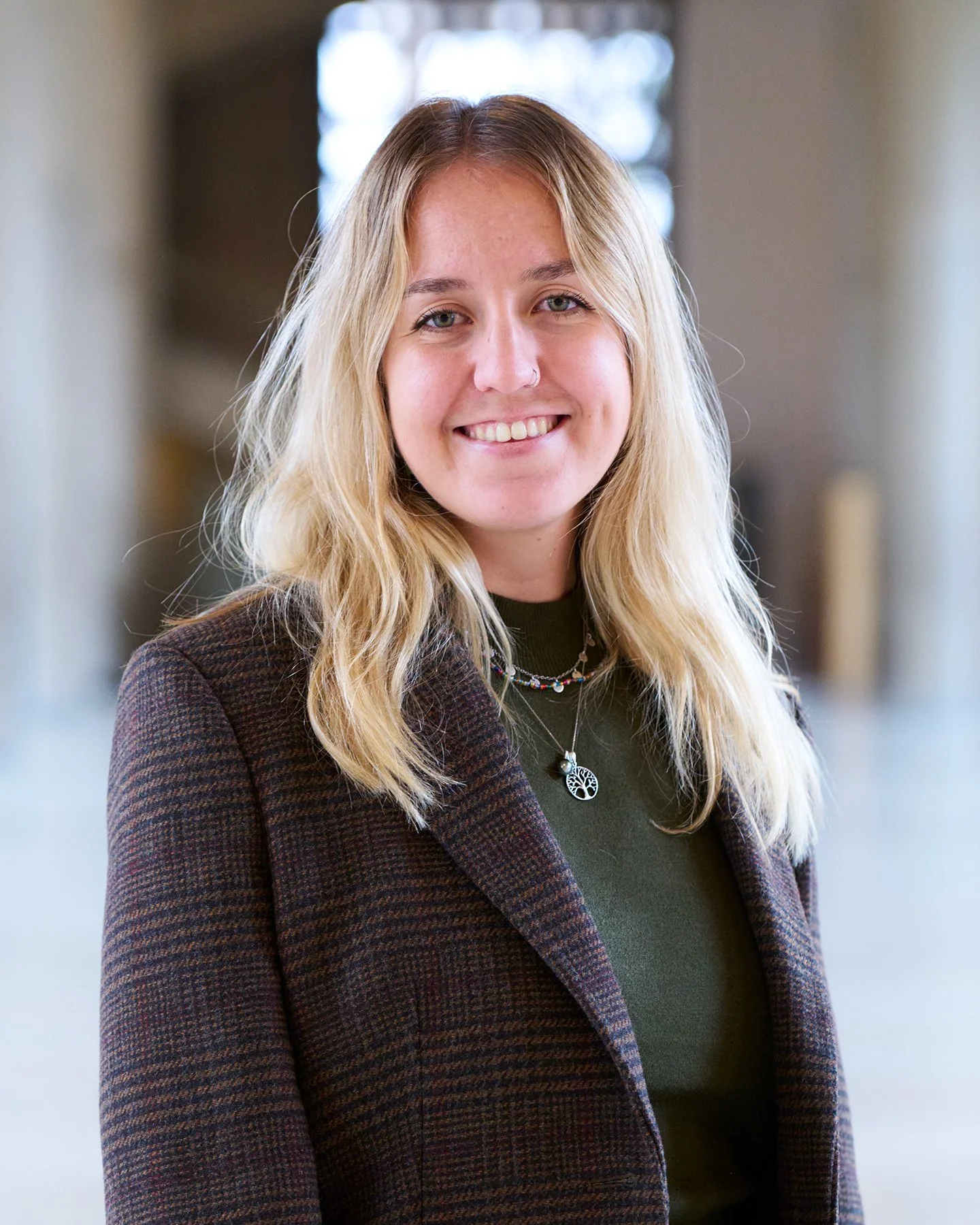AUTUMN SCHOOL ON
CITIZENS’ ASSEMBLIES




Citizens' Assemblies represent a groundbreaking approach to democratic governance. They bring together a diverse group of citizens, randomly selected to reflect the community's demographic makeup, to deliberate on important policy issues. Through a structured process of learning, discussion, and consensus-building, participants produce informed and actionable recommendations. This method enhances democratic legitimacy, fosters civic engagement, and ensures that a wide range of voices are heard in the policy-making process.
At the Autumn School on Citizens' Assemblies 35 participants from 15 countries gathered in Barcelona. They came from diverse backgrounds in public administration, civil society organizations, and academia, sharing their experiences while acquiring real-world skills and actionable knowledge to embark on their deliberative journey. For two days, international and local experts presented best practices and case studies while the participants worked in groups with each other to make for a collective learning experience.
FIDE partnered up with Deliberativa to organise this edition of our capacity-building schools. This event was supported by the Barcelona City Council within Barcelona European Capital of Democracy and organized with the collaboration of Platoniq, Red Delib and Ampliando Democracia.
Our capacity-building schools are designed to encourage collective discussion, offering participants enough time and space to have a collective learning experience over two days.
Throughout the event, speakers and participants share the same environment, facilitating the exchange of ideas and addressing specific questions. The sessions include a range of formats, such as presentations, group activities, and interactive workshops.
-
-
Find the slides here.
-
Download the file here.
-
Link to Flickr Folder.
SPEAKERS



























